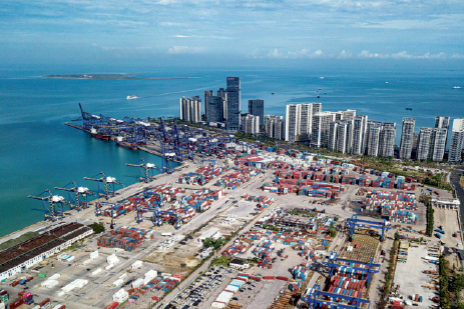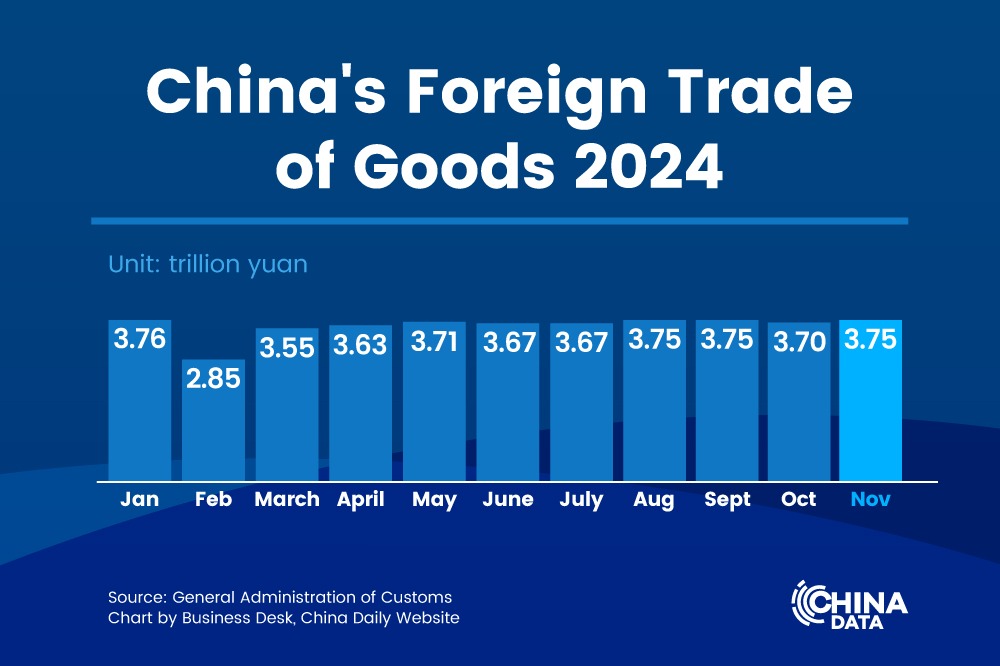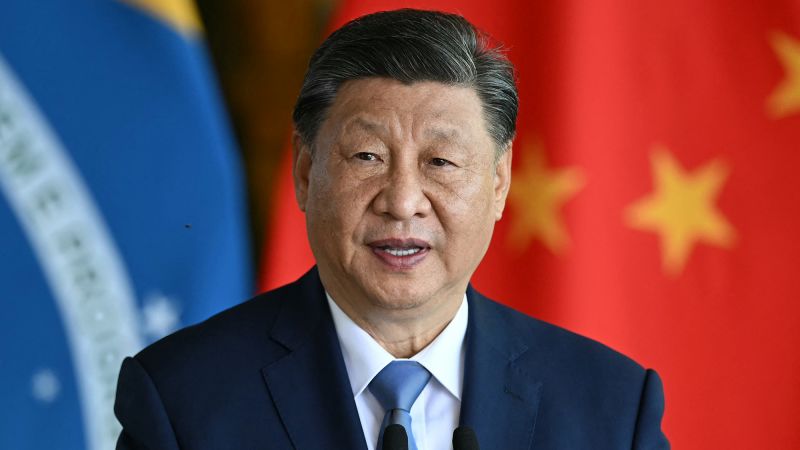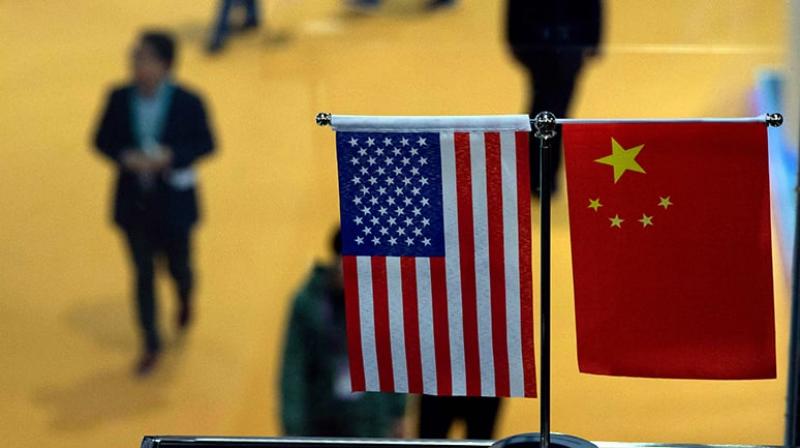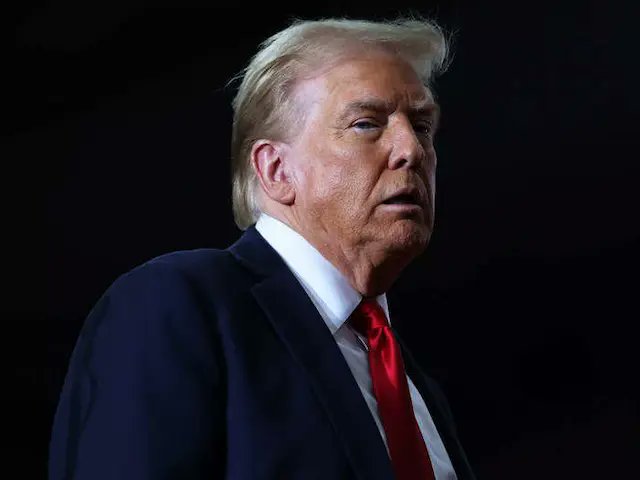
Australia to dump over-reliance on China as Canberra launches tough offensive against Beijing
Daily MailAustralia is set to adopt a tough new strategy to combat China after withstanding an ongoing campaign of 'economic coercion' over the past 18 months. The strategic economic pivot away from the increasingly belligerent and authoritarian nation also urges Australian firms to find new supply chains outside of China. Treasurer Josh Frydenberg outlined a new strategy to combat China after withstanding an ongoing campaign of economic coercion over the past 18 months The strategic economic pivot away from the increasingly belligerent and authoritarian nation also urges Australian firms to find new supply chains outside of China Value of Australian agriculture exports to China: Beef: $2.8billion or 25 per cent Wool: $1.9billion or 77 per cent Lamb: $1.2billion or 30 per cent Fruit and nuts: $1billion or 40 per cent Seafood: $770million or 58 per cent Dairy: $661million or 26 percent Cotton: $611million or 64 per cent Wheat: $568million or 15 percent Barley: $550million or 54 per cent Hides and skins: $420million or 85 per cent Oilseeds: $374million or 16 per cent Live animals: $356million or 16 per cent Sugar: $46million or 3 per cent Vegetables: $39million or 3 per cent Total: $12.6billion or 32 percent Source: RaboBank 'Going forward, businesses need to be aware that the world has changed and that this creates greater uncertainty and risk,' Mr Frydenberg said. The 'China-plus' strategy urges Australian businesses to diversify into new markets and become less reliant on the country's largest trading partner, China Scott Morrison and the Australian government are locked in trade feud with Chinese President Xi Jinping and his Communist Party administration Arbitrary bans and trade tariffs were imposed on billions of dollars worth of key Australian exports to China including barley, wine, beef, cotton, seafood, coal, cobber and timber 'We have faced increasing pressure to compromise on our core values. Beef exports to China are worth $2.8billion representing 25 per cent of all Australian overseas sales Customers buy meat at a market in Shenyang, in China's northeastern Liaoning province on August 10 with more than a third of Australian beef imports suspended to the nation in May The treasurer will also point out the parallels with the Soviet Union during the Cold War, but will add that in the modern world things are much more complicated because China is so heavily integrated into the global economy.
History of this topic
Bailing out China's economy has suddenly become more urgent
ABCAustralia prepares for Trump
ABCAustralian treasurer, visiting Beijing, welcomes Chinese efforts to stimulate its economy
Associated Press
Australian treasurer welcomes Chinese efforts to stimulate economy during Beijing visit
The Independent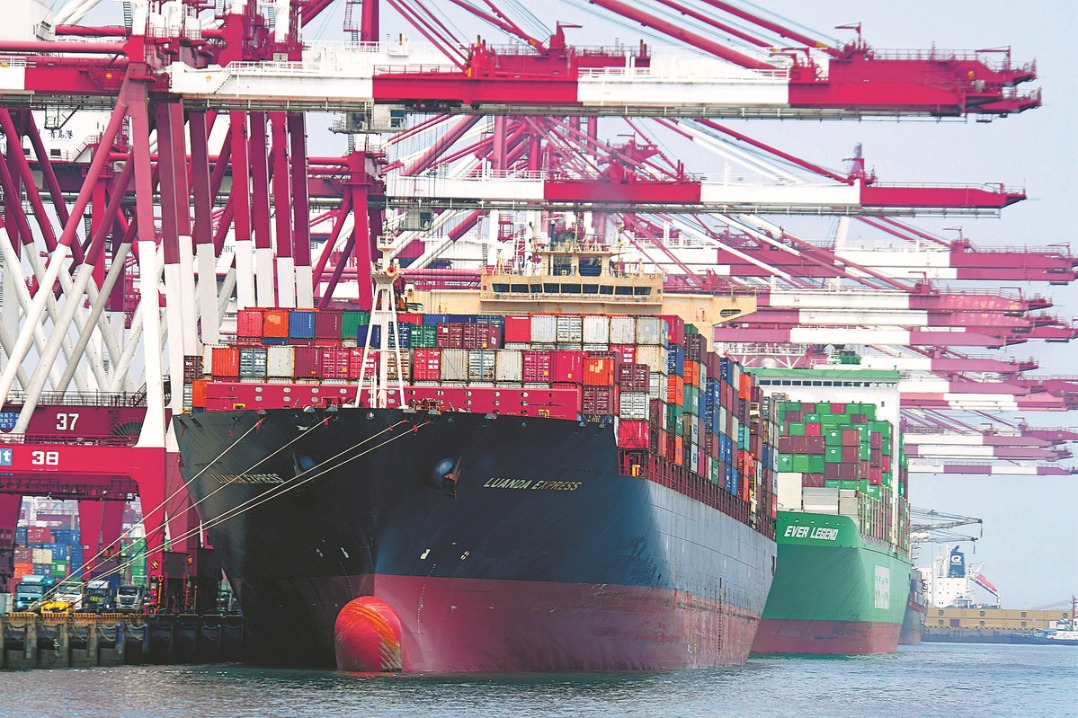
Country's foreign trade shows strong resilience
China Daily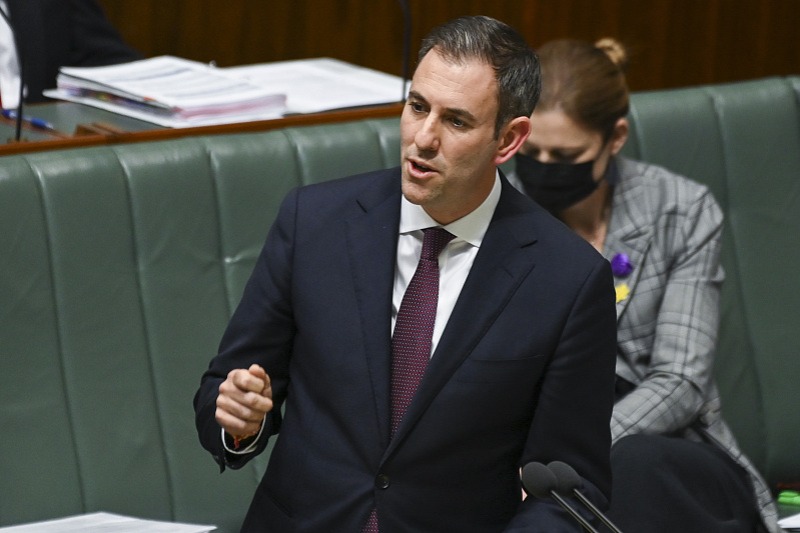
Barometric visit indicates pressure on ties easing: China Daily editorial
China Daily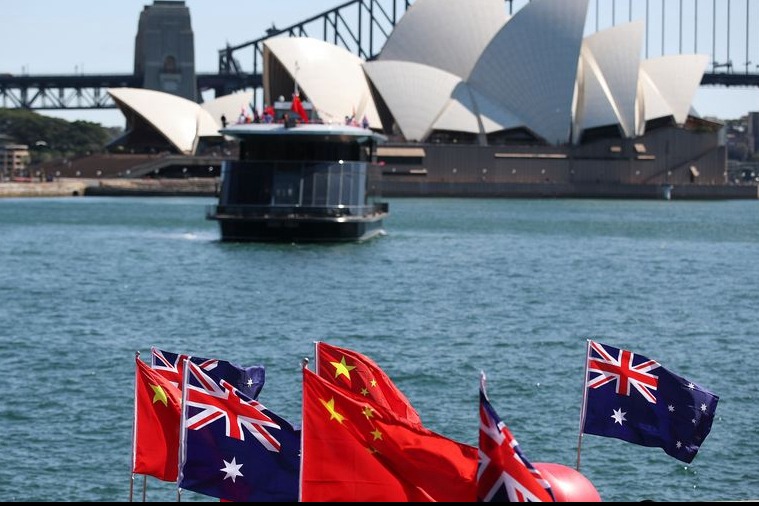
Sino-Australian trade ties deliver major benefits
China Daily
Sino-Australian trade ties deliver major benefits
China Daily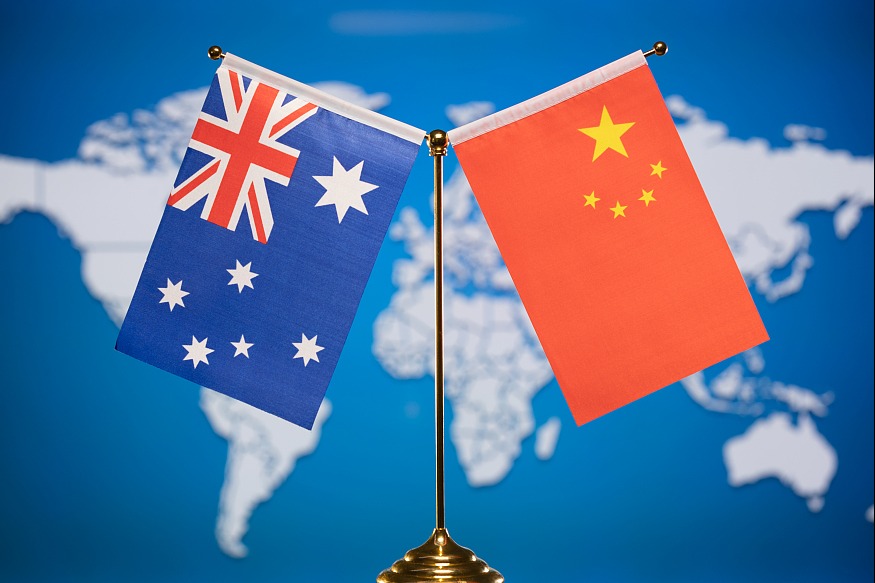
Beijing, Canberra trade ties help Australian households
China Daily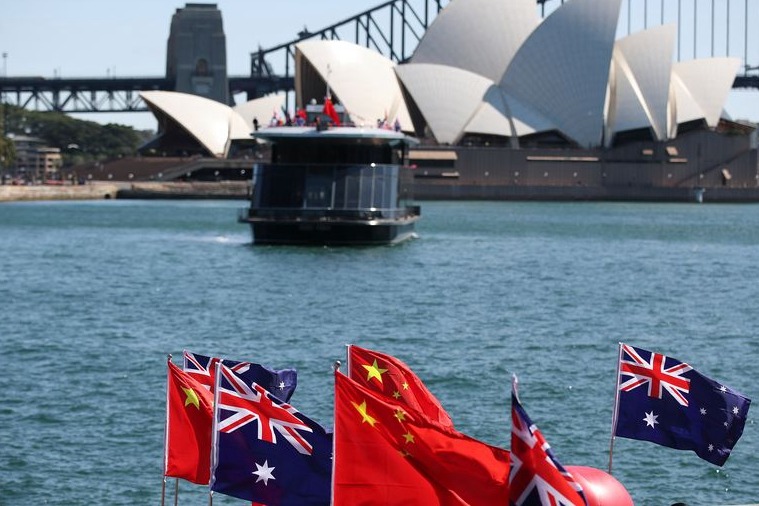
China-Australia relations can go far with economic complementarity
China Daily
China-Australia relations can go far with economic complementarity
China DailyAustralia anticipates China will lift final obstacle for exports as they ease past 2020 row
Associated Press
China lifts ban on Australian beef exporters in the latest sign of thaw
Al JazeeraChina's government officially abolishes heavy tariffs on Australian wine
ABC
Australia should adhere to independent China policy to bolster trade
China Daily
Australia should adhere to independent China policy to bolster trade
China Daily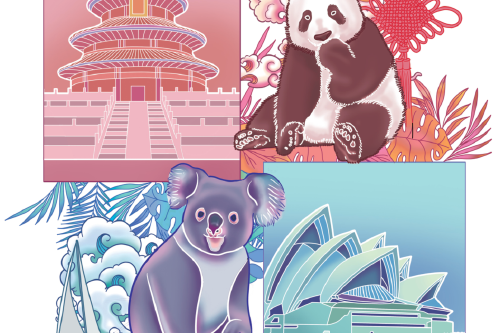
Wang's visit to Australia could mean back to business
China DailyChina's economy is unravelling at a pace previously thought unimaginable. Where does that leave Australia?
ABC
After the Thaw, What’s Next for Australia and China?
The DiplomatAustralia credits improving relations with Beijing after China lifts some meat export bans
Associated Press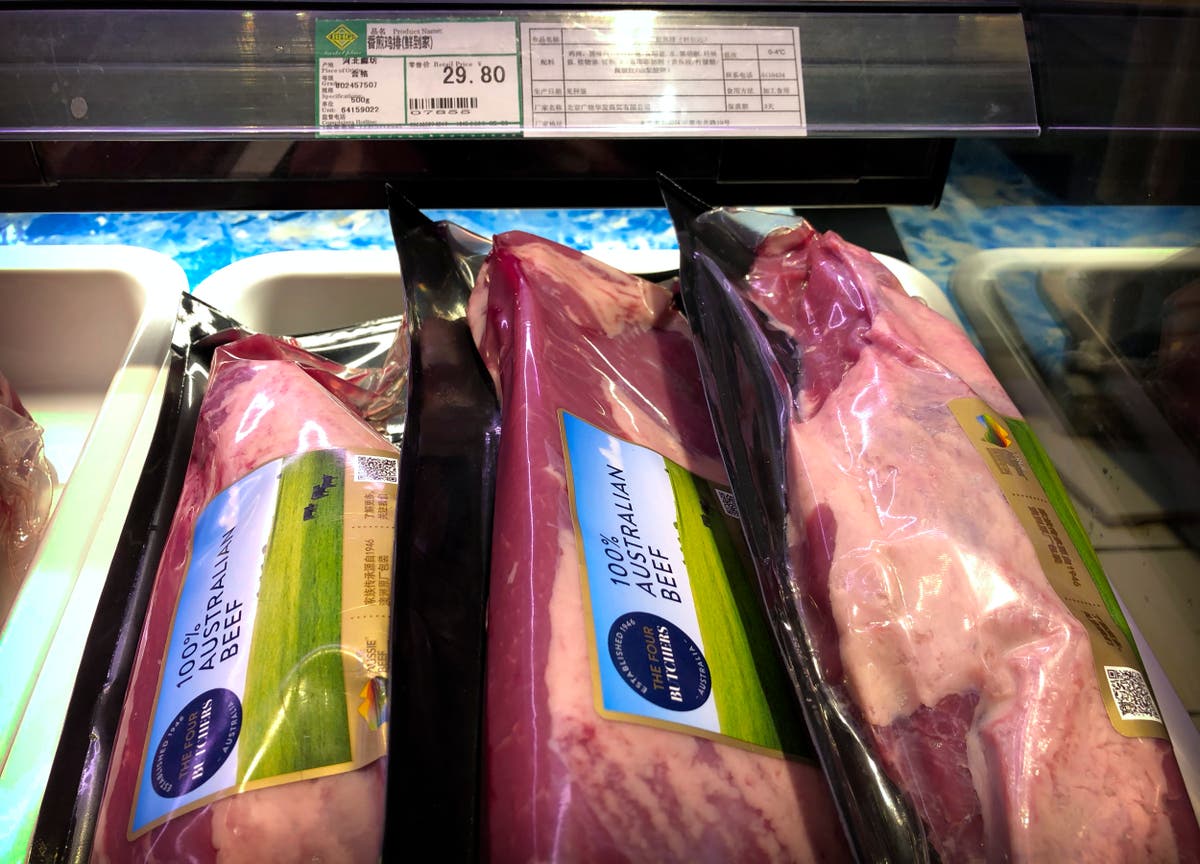
Australia credits improving relations with Beijing after China lifts some meat export bans
The Independent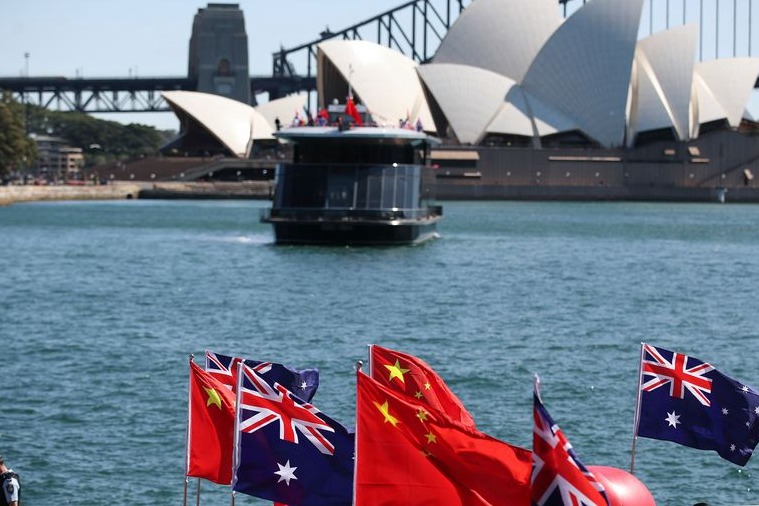
Canberra should not let past bias cloud judgment: China Daily editorial
China Daily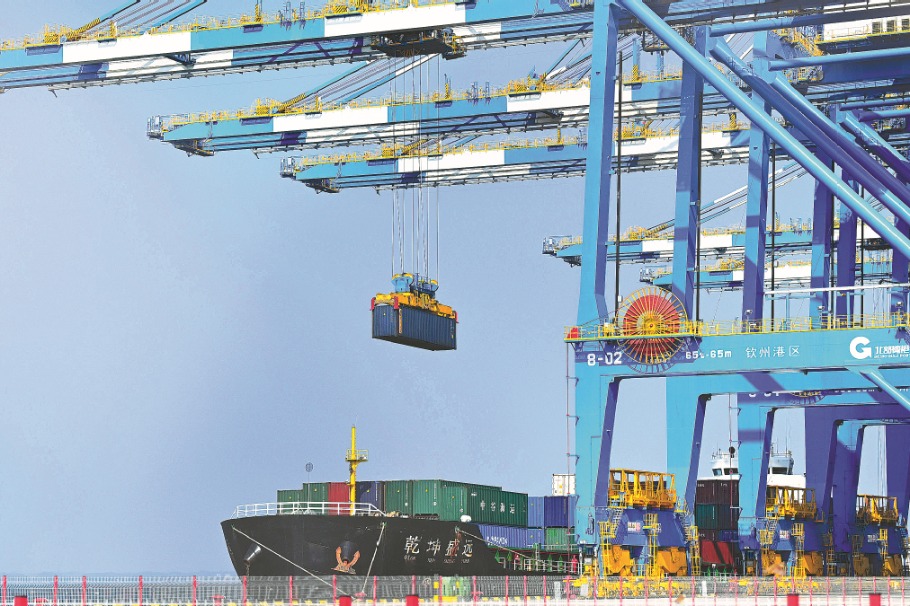
Country has cemented its place in global supply chains
China DailyDid Australia emerge as the winners from the China trade war, or just move the battleground?
ABC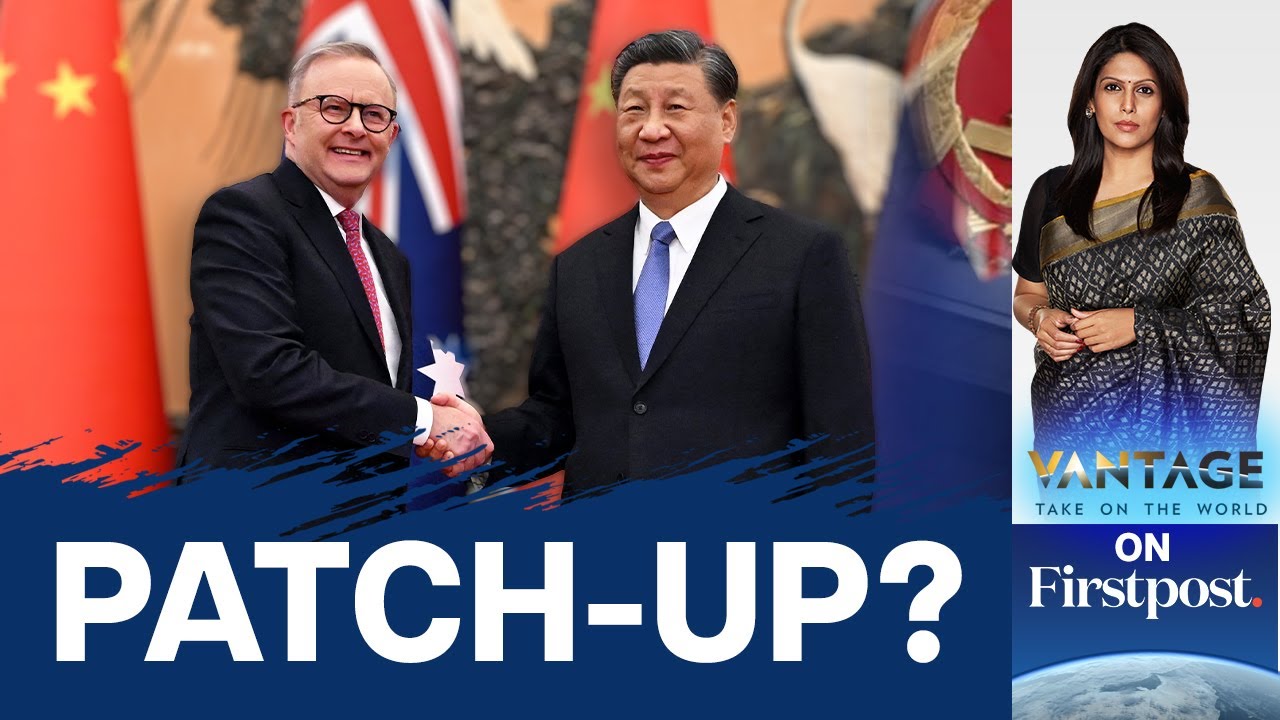)
Vantage | Why Australia, China are trying to patch up
Firstpost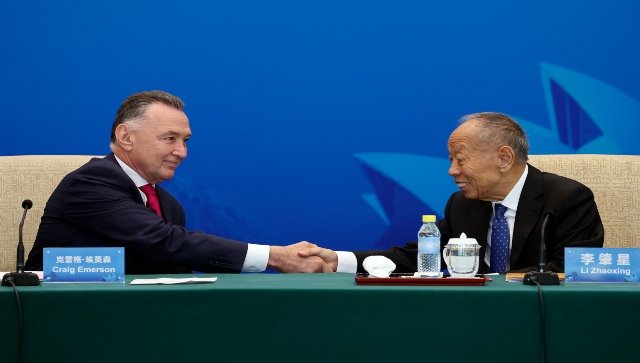)
Australia, China open first high-level dialogue in three years in a sign of slight thaw
Firstpost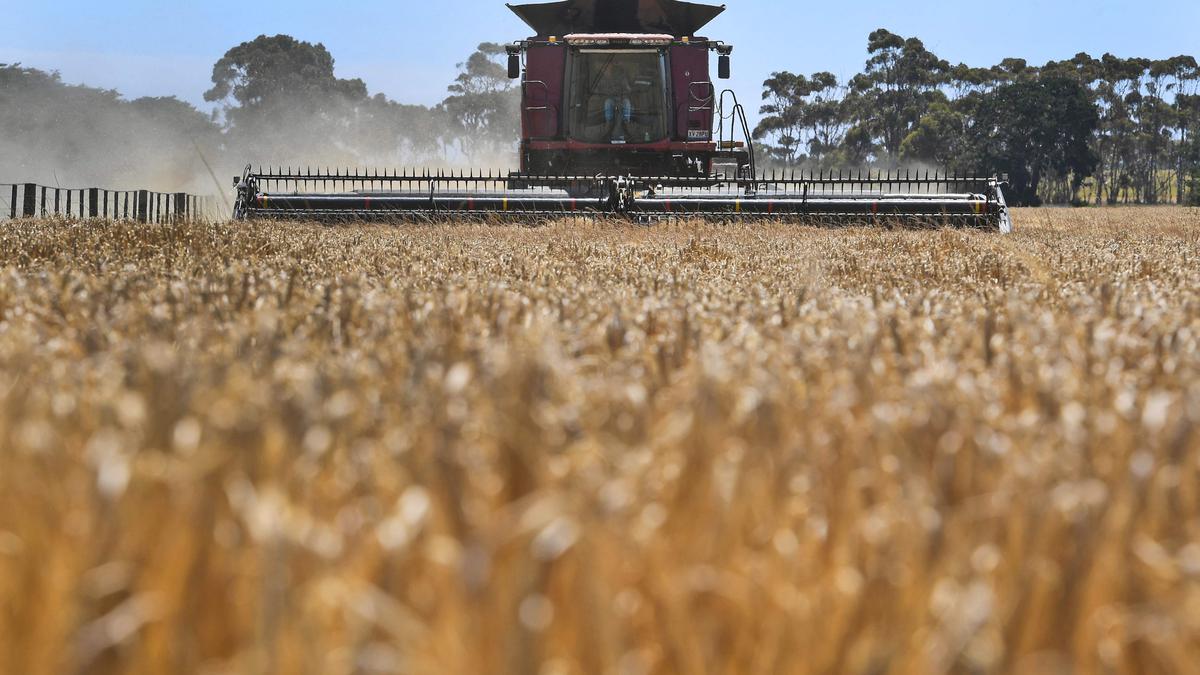
China to remove tariffs on Australian barley as ties improve
The HinduChina reopens trade in Australian barley in a new sign of improved relations
Associated Press
Australia seeking to stabilise, not normalise, its relationship with China
The Hindu
The Australia-China Barley Spat
The DiplomatChina lifts ban on Australian timber imports in another sign of improving bilateral relations
The HinduAustralian trade minister visits China as part of joint efforts to repair ties
The Hindu
Australia’s exports to China hit record highs as barriers ease
Al Jazeera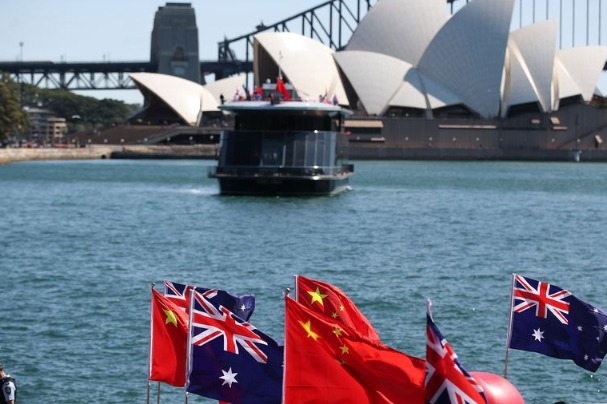
China willing to improve trade relations with Australia
China Daily
China-Australia Trade War Shows No Sign of Abating
The Diplomat
Australia aims to bolster security, economic ties with India
Associated Press
What’s Behind China’s Resumed Imports of Australian Coal?
The Diplomat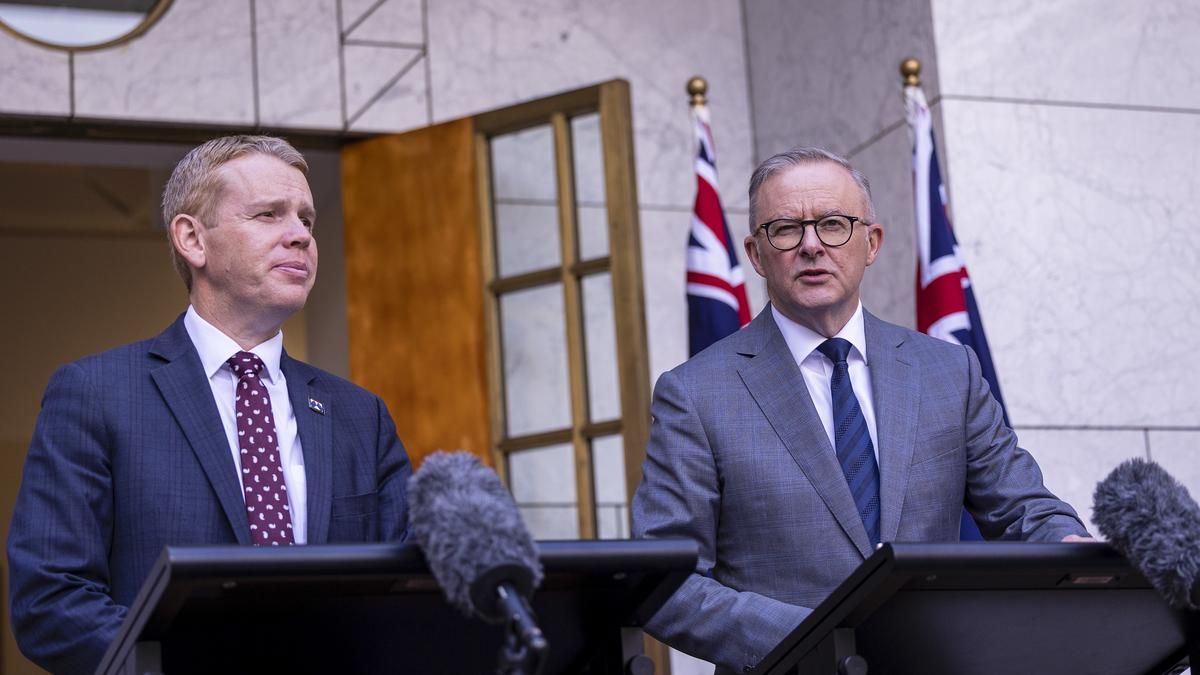
Australian, New Zealand leaders' talk focusses on China
The HinduWhy China will continue to play the isolation game with Australia despite best diplomatic efforts
ABC
The Mending Australia-China Relationship: Powered by Lithium?
The Diplomat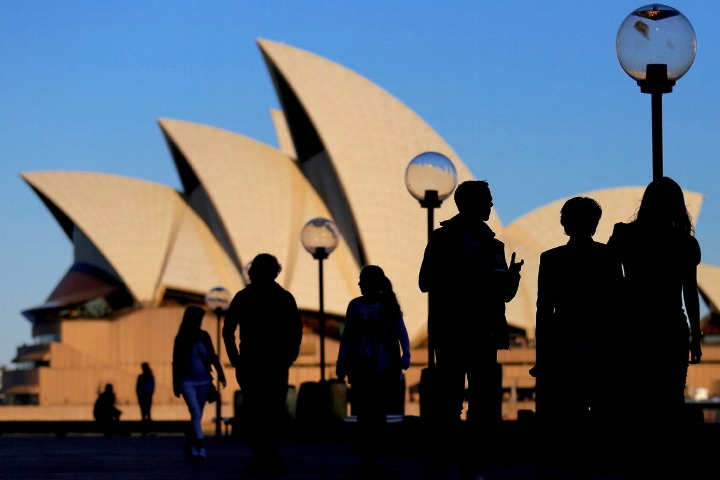
China, Australia share common interests
China DailyChina's rise supercharged Australia's economy. But now that's unravelling, and the Albanese government faces a serious challenge
ABCHow has Australia dealt with China in the past and what does this mean for today?
ABCChina's economy faces multiple challenges but what might those pressures mean for Australia?
ABC
China and Australia’s New Government
The Diplomat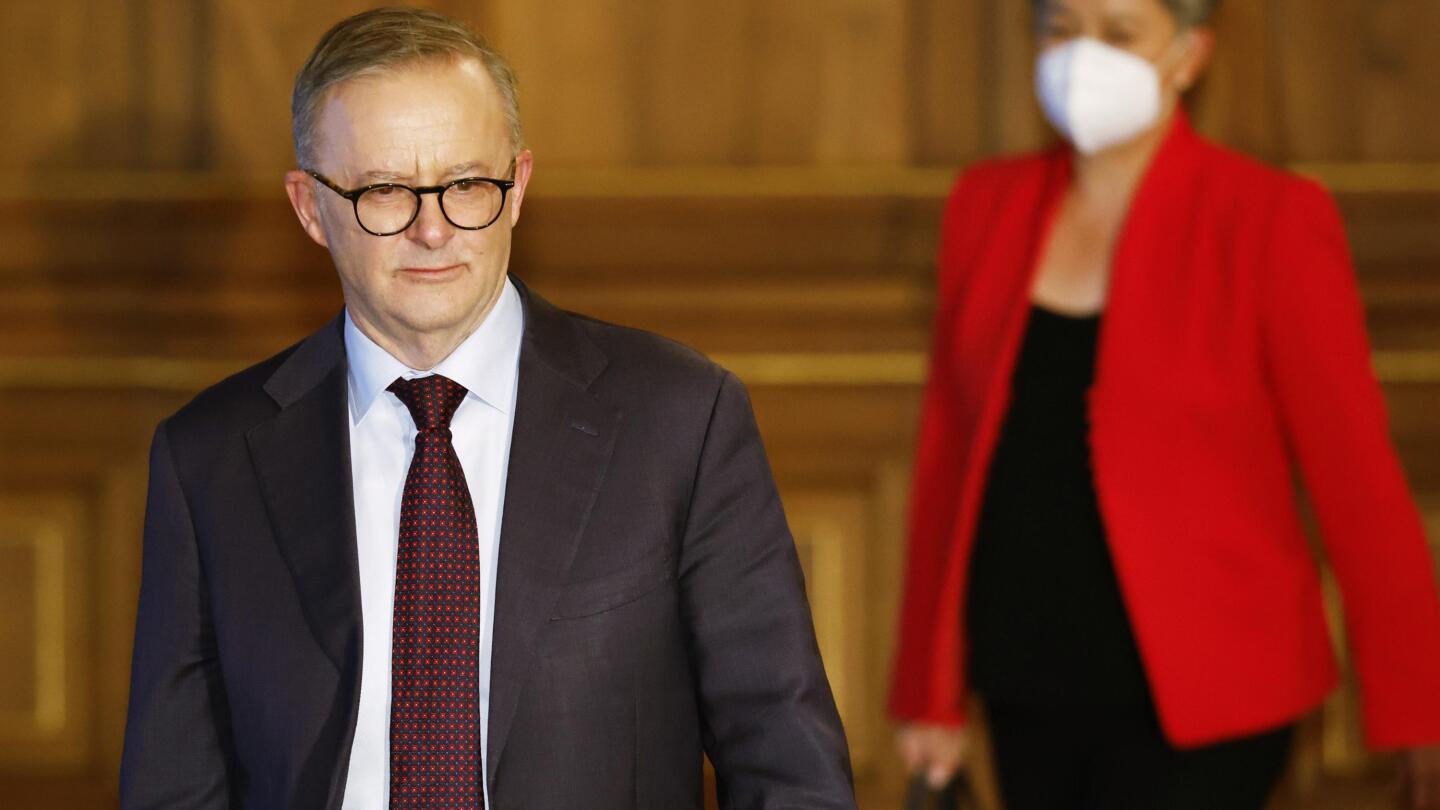
Australia’s government urges China to remove trade barriers
Associated PressChina is trying to drive Australia to its knees: U.S.
The HinduHow China's hard landing could expose Australia as a one-trick export pony hitched to one wagon
ABCExperts say China trade sanctions over AUKUS deal unlikely, but flag long-term concerns
ABC
Australia’s treasurer says China’s ‘political pressure’ on trade isn’t working
CNNDiscover Related


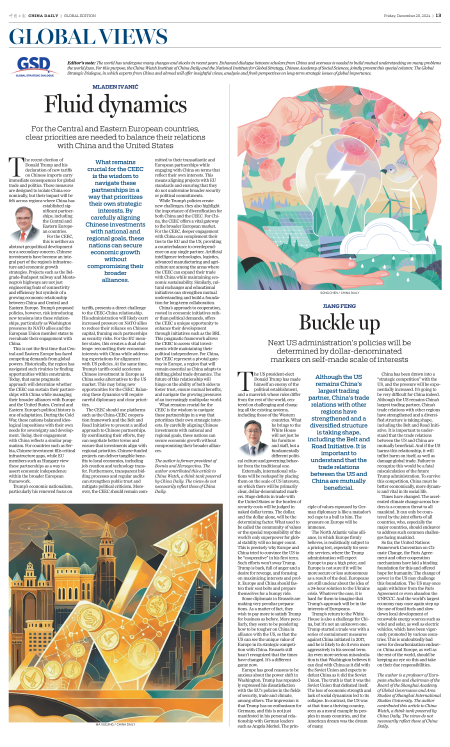
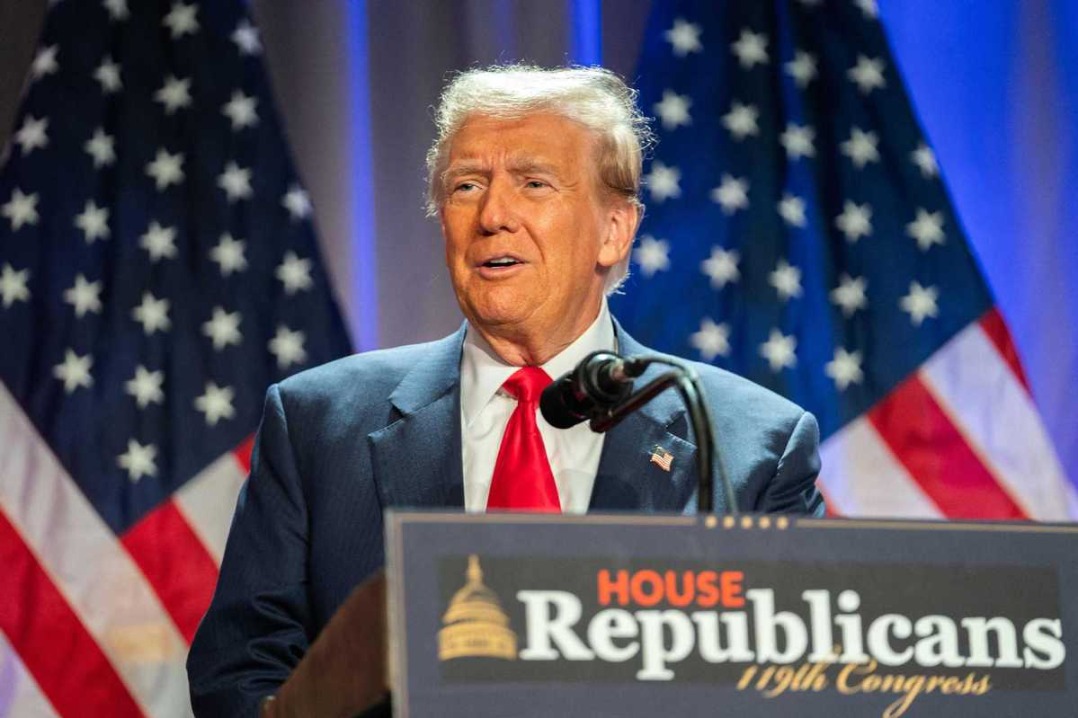
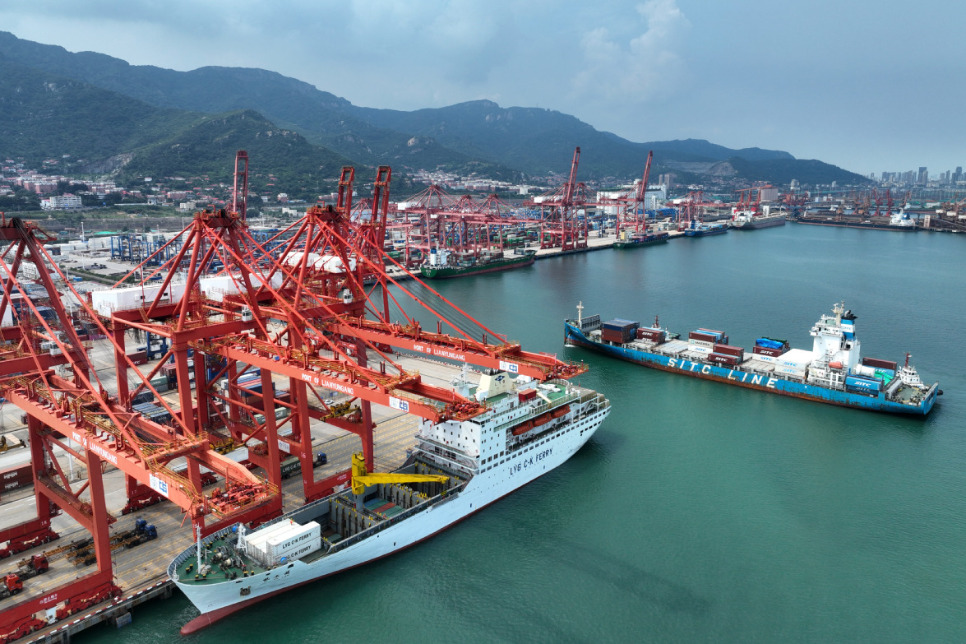

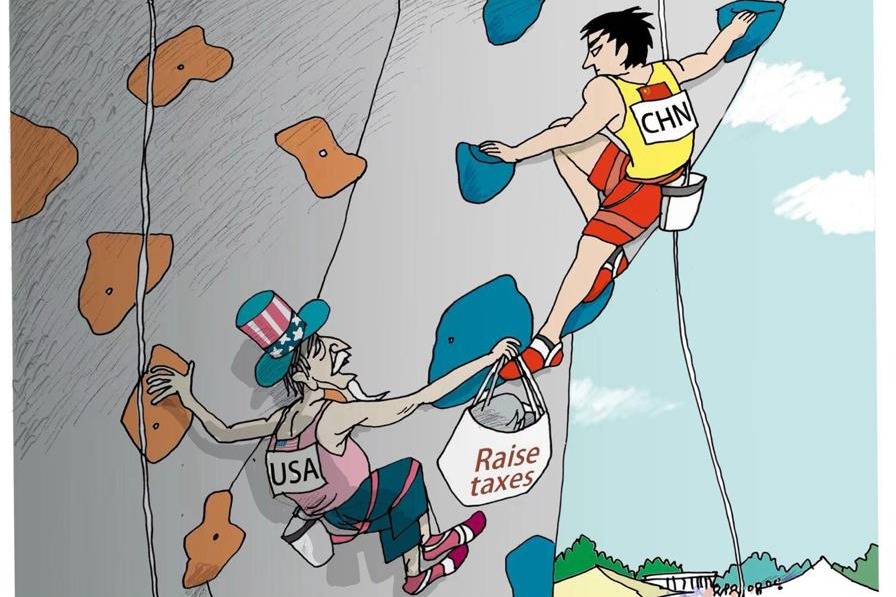

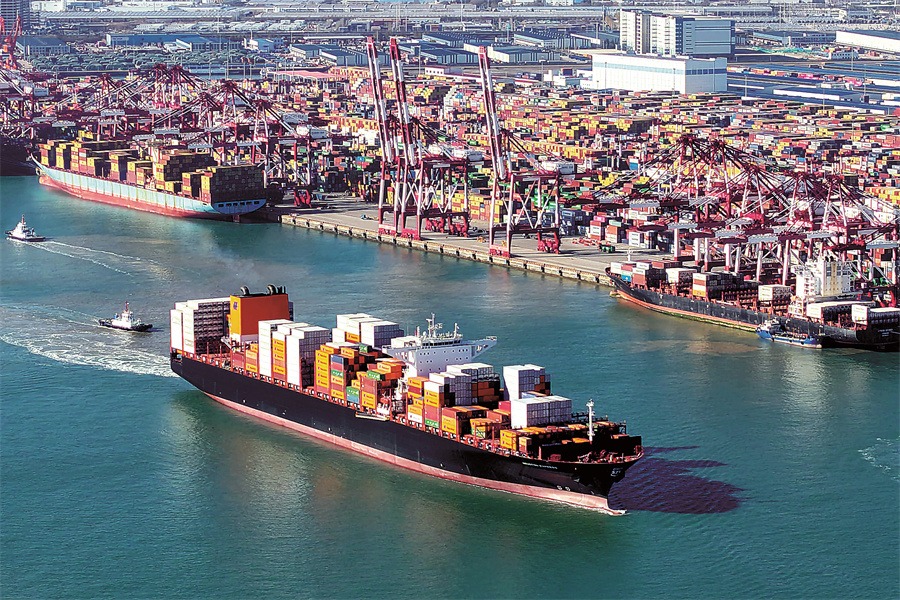
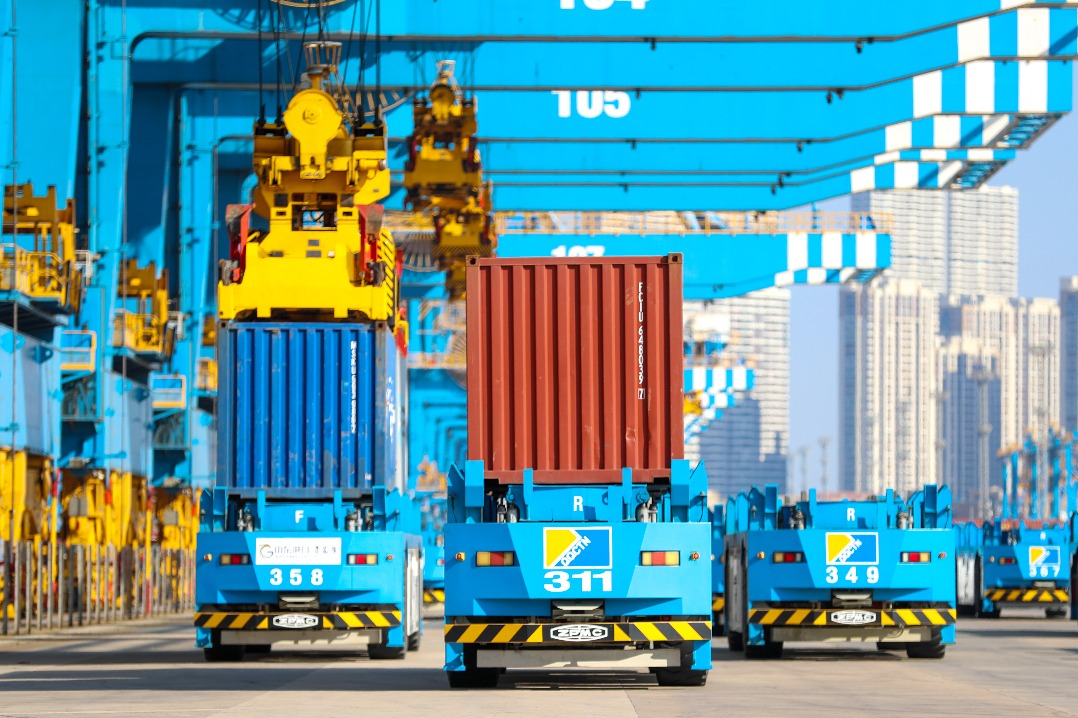

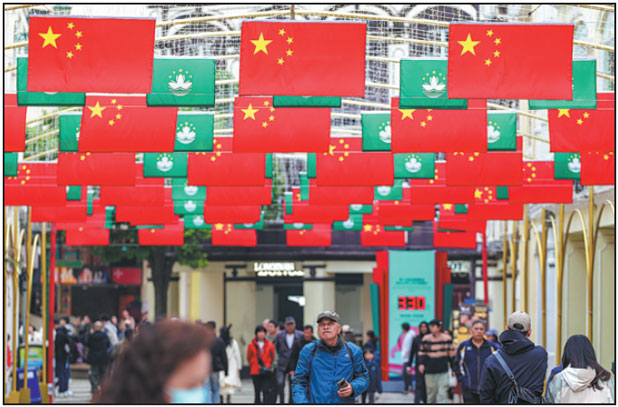
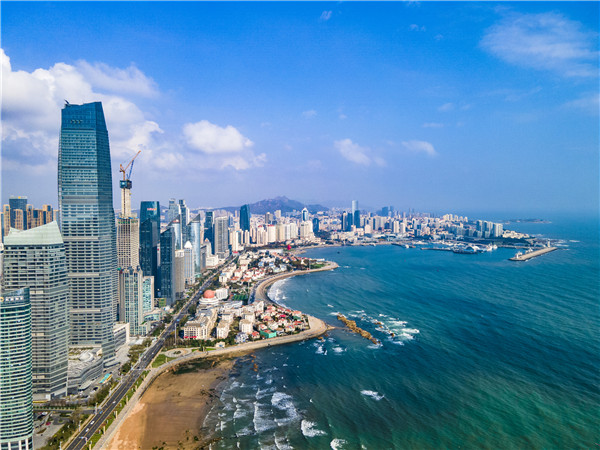
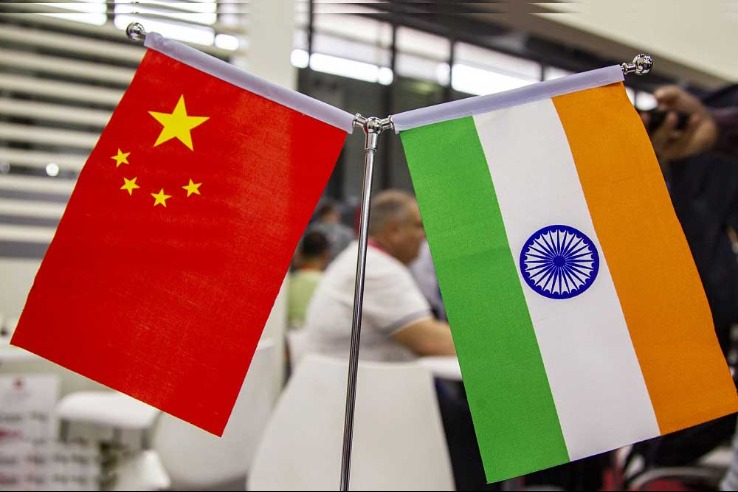



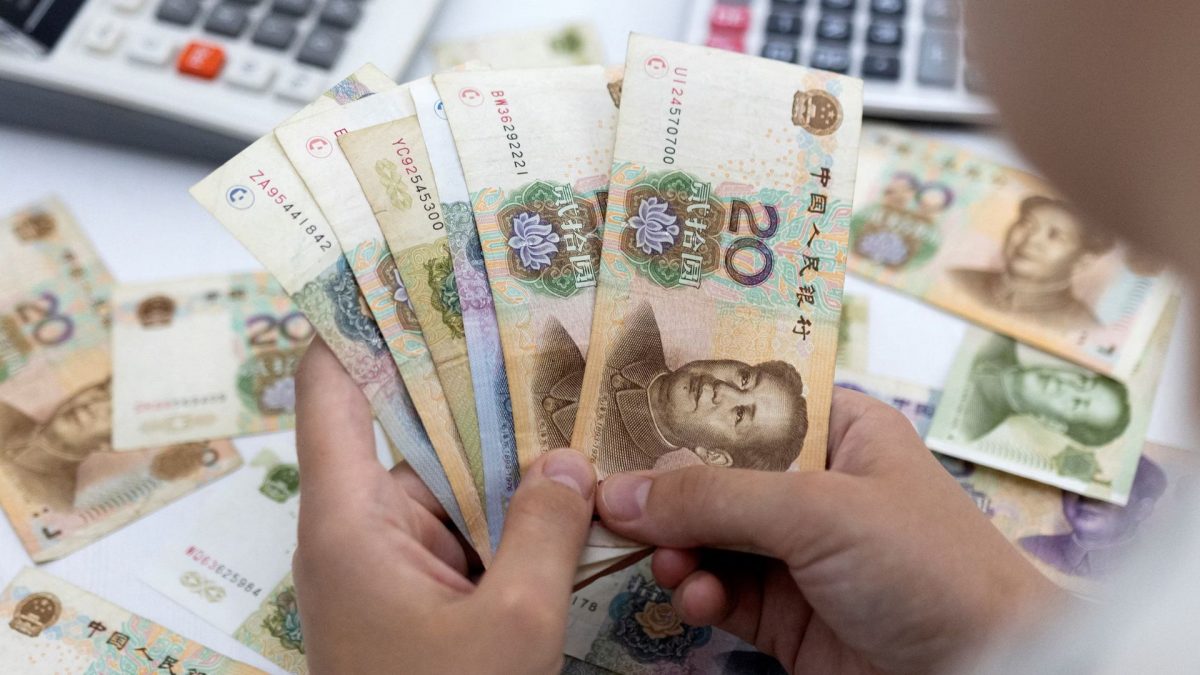)

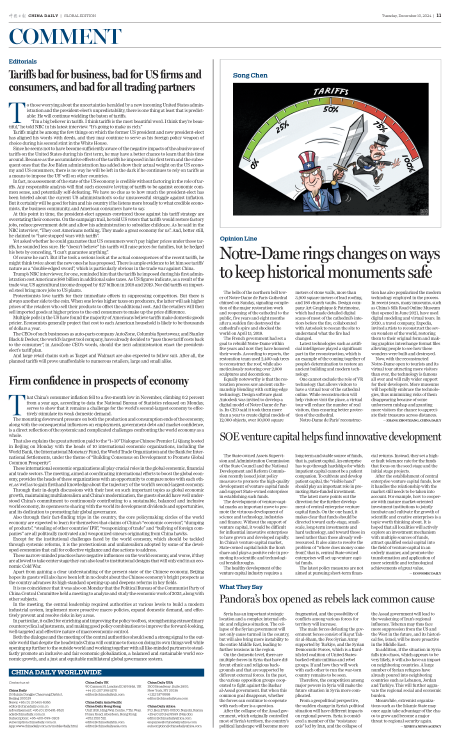
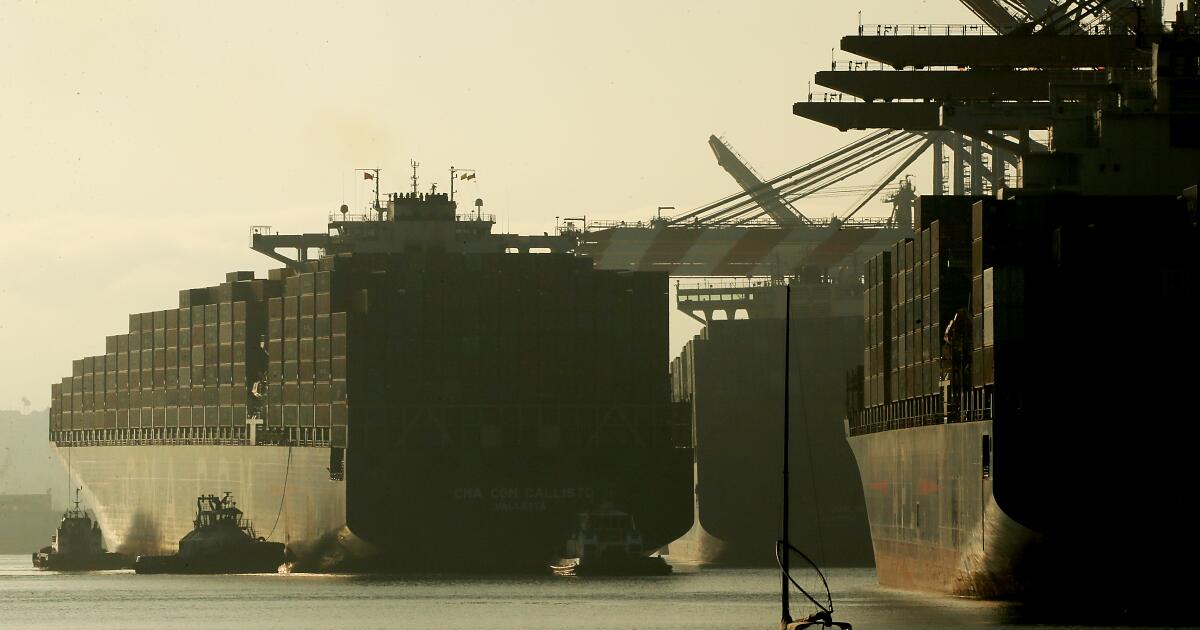
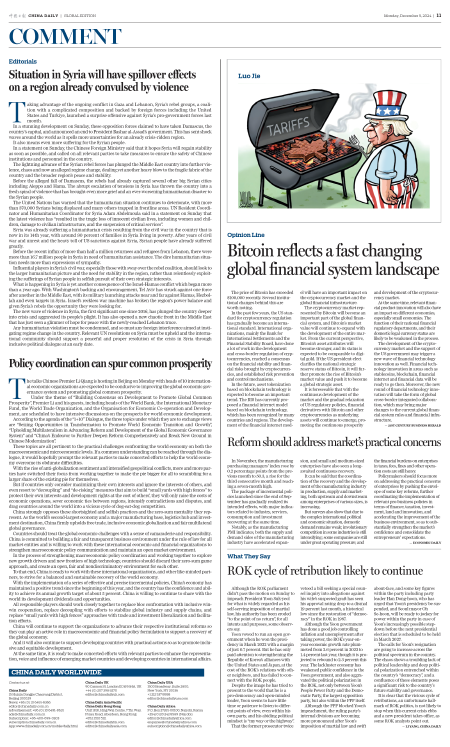

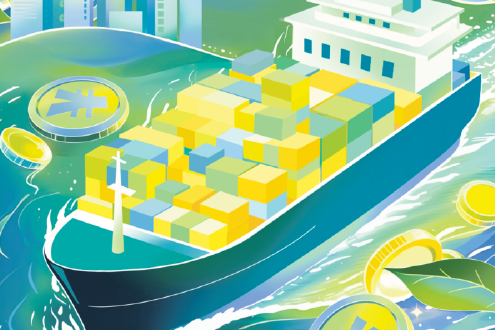


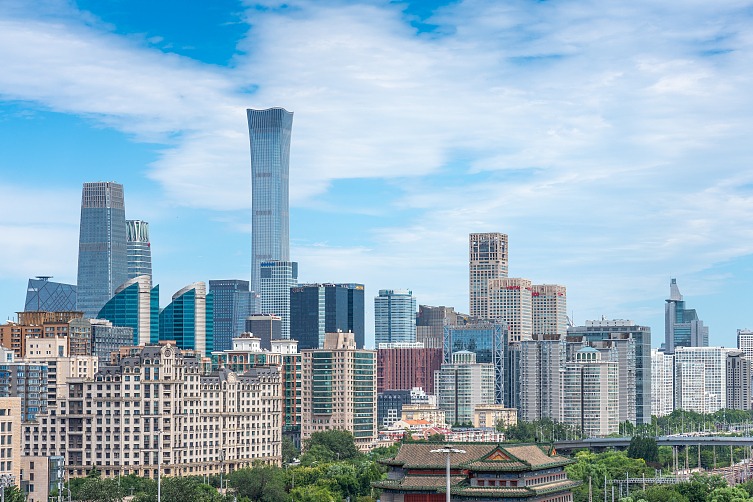


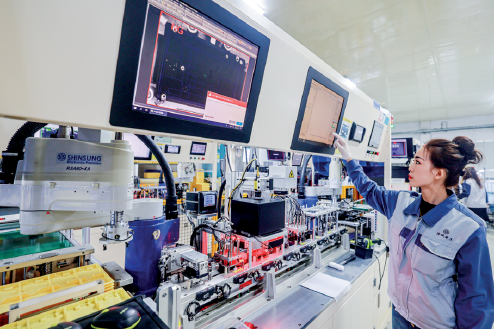
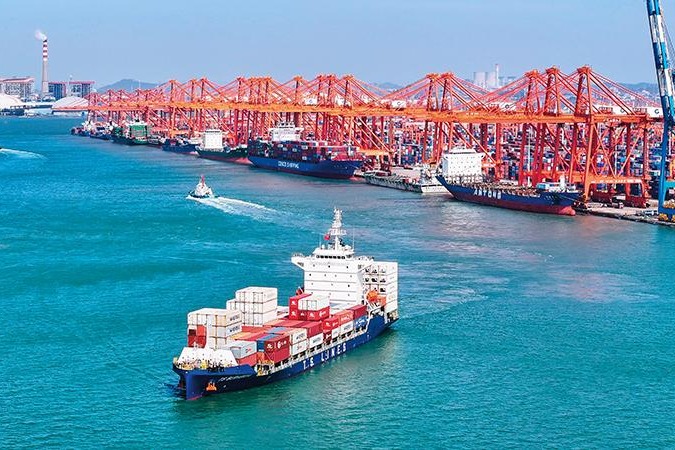
)

